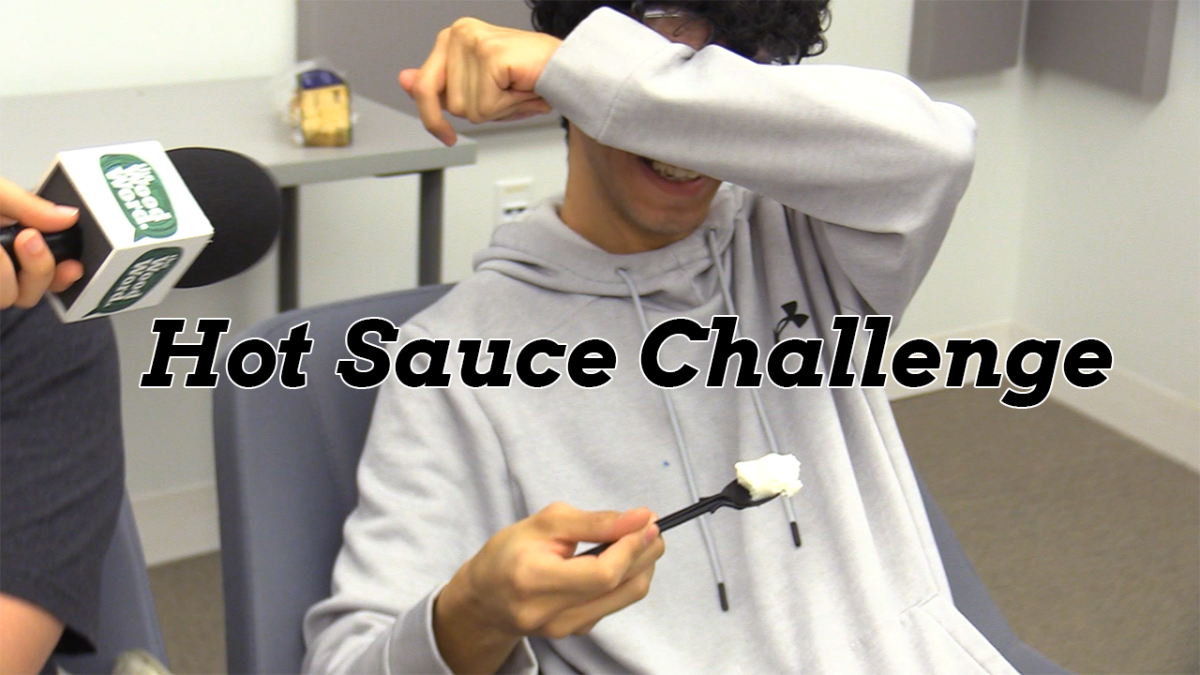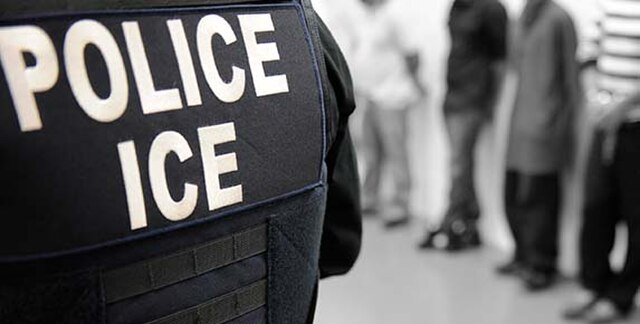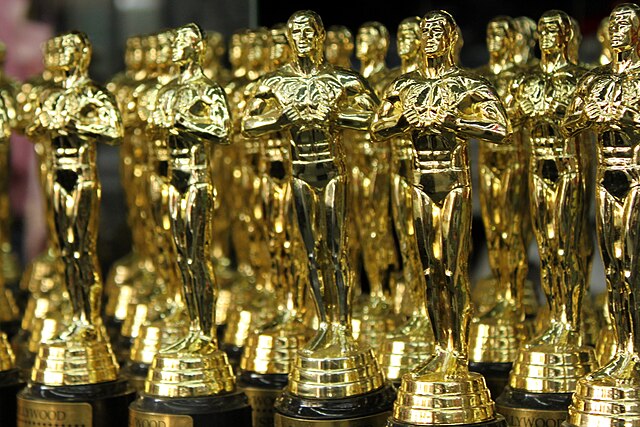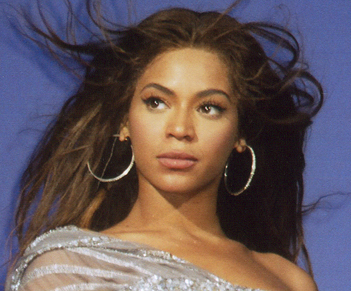Oprah Winfrey. Barack Obama. J.K. Rowling.
What do these three all have in common? They’ve all served as commencement speakers at various schools across the country.
Okay. We get it. We aren’t Harvard or Yale, so acquiring a person with a name quite that big would be difficult for Marywood. However, in the past decade, some pretty big names have come to surrounding colleges. Wilkes University has hosted many big-name commencement speakers, including comedian Bill Cosby in 2004, senator Robert Kennedy in 2005, and Oscar-winning actress Marlee Matlin in 2007.
But, on the whole, it seems as if all of the area colleges have adopted a local mentality with regard to speaker selection. Last year, the University of Scranton asked its own outgoing president, Rev. Scott Pilarz, S. J., to serve as its commencement speaker.
The recent announcement that Fred Wulczyn, a senior research fellow at Chapin Hall and a Marywood University alum, will serve as the 2012 commencement speaker unfortunately leaves many students asking,
“Fred who?” While we’re confident that Mr. Wulczyn has earned the right to serve as our commencement speaker through his work in child welfare advocacy, and though we’re hopeful he will provide an inspiring address, his name is certainly not one that many of our current students would know or identify with.
So why hasn’t Marywood had a big-name speaker recently? According to Dr. Clayton Pheasant, who has served as the chair of the Commencement Speakers Committee at Marywood for the past 20 years, a potential speaker must, first and foremost, share the core values and mission of the university. That information is acquired by the director of research in the university advancement office, who has the task of doing a background check for the speaker to see if that person may or may not be a match for Marywood. Second, he or she must be available, and finally the speaker must fall within the budget allocated for commencement speakers.
Dr. Pheasant and his executive assistant secretary, Patricia Munley-Cerda, stated that Marywood has had some well-known speakers in the past. Some the most recognizable names were Yolanda King (2002), the daughter of Dr. Martin Luther King Jr., and Carl Bernstein (1998), famous Washington Post reporter who broke the Watergate scandal in the 1960s. Others include Robert F. Kennedy, Jr. (2001), Irish Tenor Ronan Tynan (2006) and Star Trek actress Nichelle Nichols (1995).
According to Dr. Pheasant, these big names were acquired through connections and negotiations and not solely on the budget available. “I think over the years we have had a high acceptance of our speakers,” he added, but clarified by saying that students might expect more high profile speakers. He also stated that people don’t always realize the cost to have such a high name speaker present. According to allamericanspeakers.com, Bill Cosby’s booking fee is upwards of $100,000.
The aforementioned criteria certainly pose challenges for locating a suitable speaker with a more global perspective. While we respect the university’s desire to uphold and honor its core values in all it does, using them as the primary criteria for the selection of the commencement speaker seems to significantly hamper the chances of obtaining a well-known figure.
For instance, would the university turn down the opportunity for our president, Barack Obama, to serve as a speaker simply because his political beliefs are sometimes inconsistent with those of the Catholic church? We would hope not, seeing as though a speaker like our president would have many other meritorious credentials that would qualify him to address our graduates.
As an institution of higher learning, Marywood values diversity and a global perspective. If Marywood strives, as its mission statement says, to “educate students to live responsibly in a diverse and interdependent world,” its leaders must continue to be open-minded in all decisions, including the selection of commencement speakers, recognizing that you need not agree with someone’s point of view in order to respect their right to have it.
So, we urge the Commencement Speakers Committee and Sr. Anne Munley to continue their efforts to find well-known, meritorious speakers with a global perspective to address our graduates on commencement day. Though graduation day officially marks the end of students’ formal education at Marywood, learning is a life-long process. The commencement address should provide an educational opportunity to experience diversity of thought.











